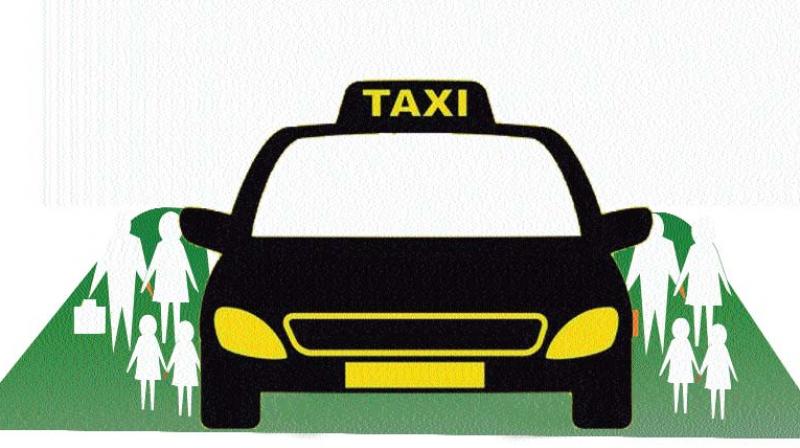Electric cars the future but cost a deterrent

While app-based cab aggregators have changed the way the city travels, the change has done nothing to ease the city’s growing air pollution woes. Electric vehicles are the most obvious solution but the shift is a major one and requires a change in consumer attitudes and the factors that influence them. These are complex questions and the factors that spur change are many, ranging from practical to cognitive.
The main stumbling block is a practical one: cost. For an Indian consumer, the cost of vehicles matters a great deal and affects the way choices are made. At present, electric cars are priced a little higher than their fuel-run counterparts and this has remained a deterrent for migration on a large scale.
The operational viability of electric cars is the second major factors. Fuel cars are operationally viable – fuel stations are everywhere, mechanics who know the job are plentiful. The vehicle owner knows the capacity of his automobile and can plan his fuel stops accordingly. Electric cars lack this operational convenience. There is no proper infrastructure available on ground, even if authorities are building towards providing it. There is little clarity on how long an electric vehicle can function on the roads and if charging stations are adequate and accessible. We need to build a support system first and make electric vehicles operationally convenient.
The operational viability of the electric cars comes as the second major factor in influencing buyers. For electric cars to be successful, it should be made operationally convenient. The government should give it the policy push it needs, to bring in the required infrastructure and come up with incentives to popularise it.
If we reach a stage where at least 30 percent of the cars sold by 2030 are electric vehicles, it will be a good achievement.
The congestion problem:
While there might be pollution in the production of electricity from coal, the level of pollutions is zero at the consumption level. This is a clear benefit of electric vehicles and there are others – no doubt about it. But the one problem it will not solve is traffic congestion. A holistic change involves bringing electric vehicles to public transport. Corporations like BMTC and KSRTC should phase out fuel vehicles in favour of electric ones. This will also go a long way in setting an example to the individual consumer, who will feel motivated to make the shift.
The state government has aimed to make Bengaluru the electric-vehicle capital of the country. While this is commendable, nothing concrete is seen on ground. The onus is also on electric vehicle manufacturers to deliver quality vehicles.
The writer is a Mobility Expert and Associate Professor, Transportation
Systems Engineering, Department of Civil Engineering, IISc

